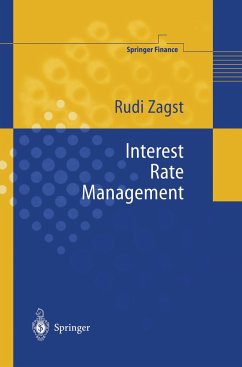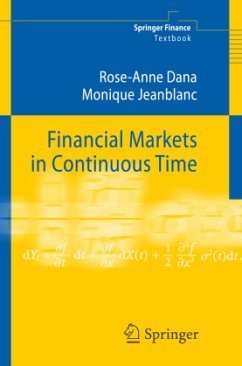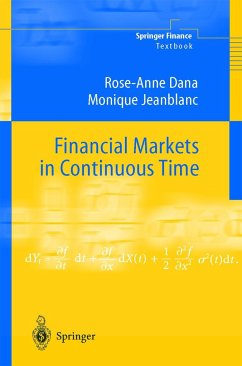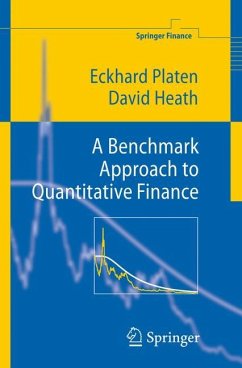
The Mathematics of Arbitrage
Versandkostenfrei!
Versandfertig in 6-10 Tagen
98,99 €
inkl. MwSt.
Weitere Ausgaben:

PAYBACK Punkte
49 °P sammeln!
This book presents a rigorous mathematical treatment of the theory of pricing and hedging of derivative securities by the principle of "no arbitrage". The first part presents a relatively elementary introduction, restricting itself to the case of finite probability spaces. The second part consists of an updated edition of seven original research papers by the authors, which analyzes the topic in the general framework of semi-martingale theory.














